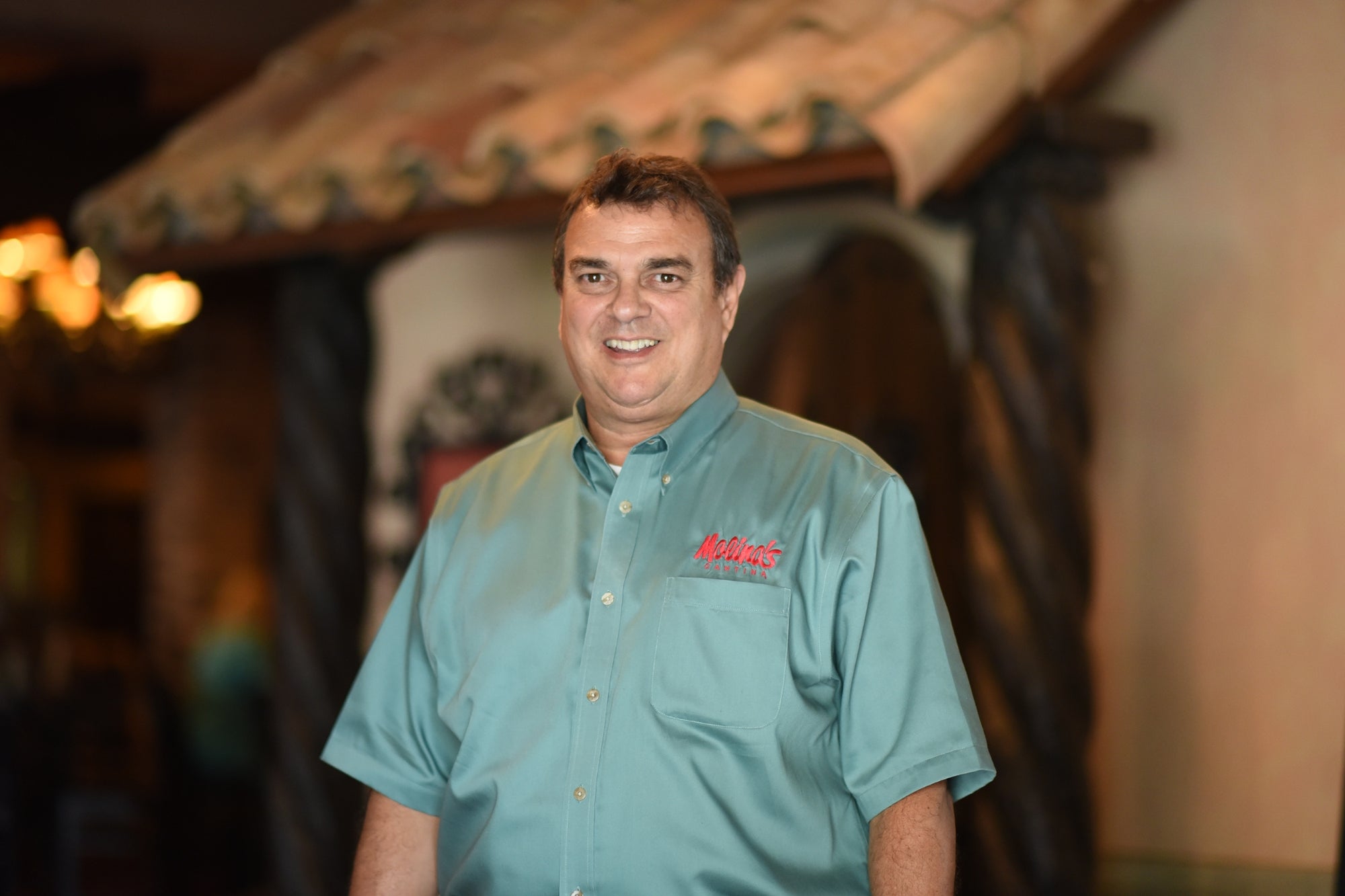Opinions expressed by Entrepreneur contributors are their own.

One recent evening during our 7 pm dinner rush, I realized our dishwasher — a man in his 70s — was struggling to keep up. His coworker had called out sick, and with staffing shortages, there was no backup. I’m the co-owner of Molina’s Cantina, a Houston-based restaurant with three locations, and I’ve been working in various roles here since I was a kid. I know how overwhelming it feels when you get behind, and suddenly a cook is yelling for more plates. So, I threw on an apron and gloves and stepped up to the sink.
I’ve run Molina’s with my two brothers since the late 90s, and in my role, I’m often working jobs beside my employees. That “all hands on deck” approach is the foundation of our company culture and it’s one of reasons we’ve been able to weather so many economic ups and downs. Yes, we’re experiencing labor shortages like everybody else, but our strategies for creating a unified and motivated team are helping us retain a loyal workforce and get new staff in the door. Here’s how to run a business the Molina way.
1. Out of many cultures, one team
My grandparents started the precursor to Molina’s in 1941 after immigrating from Mexico. Their business approach fused the best of American individualism and Mexican family values. This meant treating staff as individuals, not just names on a payroll, while also nurturing a family atmosphere at work.
My brothers learned from that. We have a diverse staff — they hail from Venezuela, Honduras, El Salvador, Senegal, Ghana, and of course, the United States — and we treat that as a strength. We’ve turned employee lunches into a venue where each person can showcase their unique culture. We prepare favorite dishes from each person’s homeland, tape maps on the wall so everyone can mark where they’re from and share stories about our upbringings. This allows staff to both stand out and feel united.
2. Grow the family
We’re always asking current employees if they know anyone who wants to work for us, as these personal references are often our strongest and most enthusiastic new hires. When we interview, we’re honest about what the job entails so there are no surprises.
Once someone starts, I do my best to make them feel welcome. I make sure to say good morning and ask how they’re doing. Do they need anything? Do they have everything necessary to do their job? It’s this respect and consideration that keeps them coming back — hopefully for decades to come.
3. Provide opportunities
Staff are encouraged to explore positions outside their department. We cross train every employee so that our dishwashers know how to make salads and tortillas, our servers can bartend, and our cook staff are comfortable at each kitchen station. That way if we’re short-handed, we can move people around easily.
It also helps us promote quickly when we see a motivated employee. If a busser wants to be a prep cook, I’ll have him shadow someone in our kitchen for a day. We have one manager from Wisconsin who has been with us more than 35 years. He started as a bartender and eventually moved up to management. Another employee from Ghana started as a fry cook before becoming a kitchen manager, and his son worked as a busser, moved to the kitchen and then went to culinary school. Now he’s one of our kitchen managers. He could’ve gone to any restaurant, but he chose to return to Molina’s.
4. Show up for your crew
We all hear stories about people who get hired and then stop coming to work. But if you want your employees to show up, you’ve got to do the same.
It’s not just that a member of the Molina’s family visits each restaurant every day. Our managers will also jump into any role whenever necessary. This creates an atmosphere of equality and respect. We’re a team; no job is beneath anyone, no matter their title. So, everyone is happy to pitch in where they’re needed. As my grandfather always said, “We may not be rich, but we can sleep at night.” This atmosphere helps our employees and vendors feel invested in the business.
5. Know the Moment
When Covid happened, we focused on giving customers the best to-go order experience possible – and it paid off. Business boomed during the pandemic. When hiring became difficult, we raised wages and made sure we were meeting the needs of our current employees.
In other periods of economic stress, like the oil boom bust in the 1980s, we survived thanks to our dedicated team as well as our ability to cut costs and stay at an affordable price point for customers. It’s this ability to pivot and adjust to our changing environment that’s helped us through the hard times.
These strategies have allowed our restaurant to operate successfully for over 80 years — and I know they’ll see us through the current labor shortage. My grandparents couldn’t have known how successful their restaurant would become when they first came to the United States over nine decades ago. Their foundation of respect, family values, and hard work has seen us through — and will continue to push us forward into the future.


